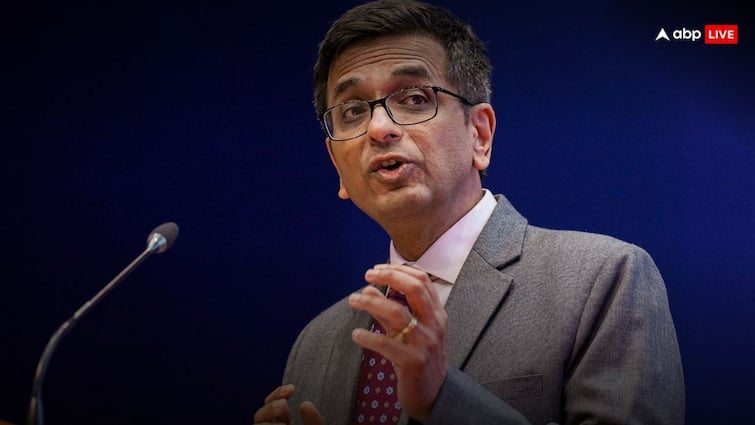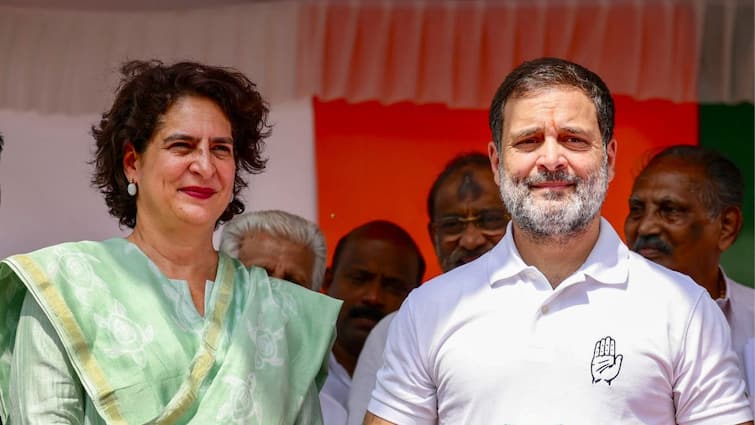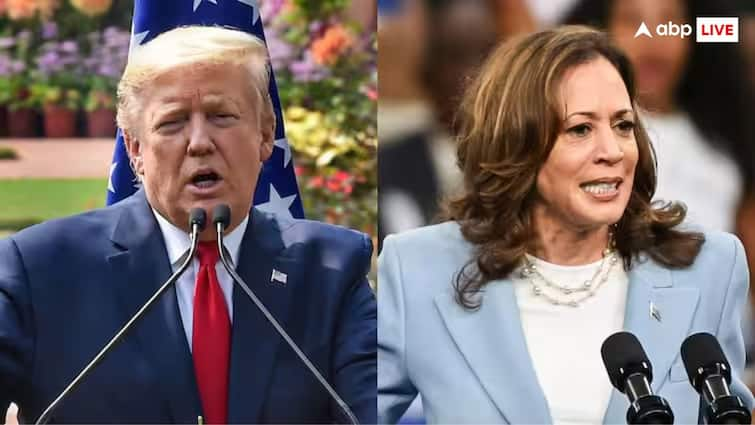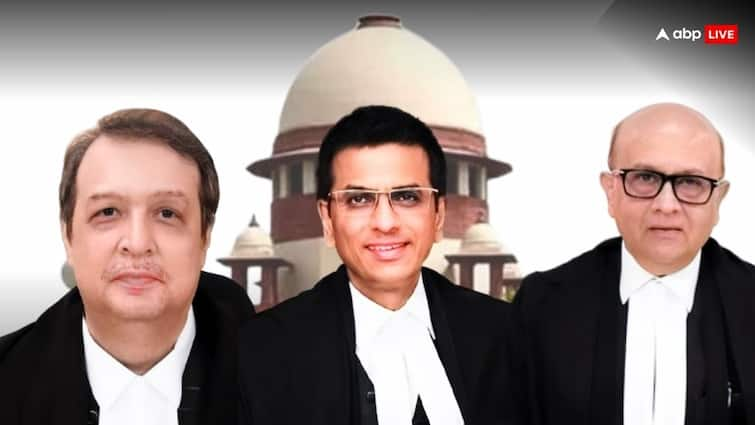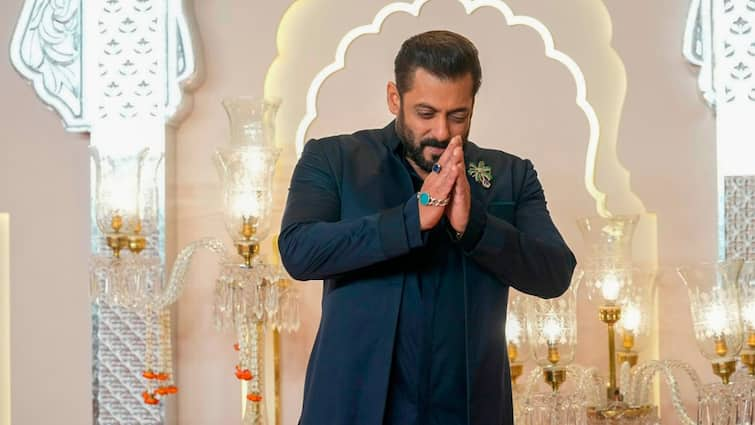The Supreme Courtroom on Monday put aside the Allahabad Excessive Courtroom judgment that declared the 2004 Uttar Pradesh Board of Madarsa Training Act unconstitutional. The highest court docket upheld the constitutional validity of the ‘Uttar Pradesh Board of Madarsa Training Act 2004’ besides to a small extent. The court docket stated that the state has an important curiosity in regulating Madrasas to enhance requirements of training.
CJI Chandrachud whereas studying the decision stated that the legislative scheme for the Act is to standardise stage of training being prescribed within the Madrasas. “The Madrasa Act doesn’t intrude with the daily working of the Madrasas. It’s to guard the rights of minority within the state of UP and is according to constructive obligation of the state which ensures the scholars to go out and earn a good dwelling. ” CJI added.
Supreme Courtroom held that the one unconstitutional a part of the Madarsa Act in relation to its authority to grant ‘fazil’ and ‘kamil’ levels, which is in battle with the UGC Act. Thus, a Madrasa can’t grant Fazil and Kamil levels.
The court docket additional stated that though Madrasa’s impart non secular directions, there major goal is training.
A bench headed by CJI DY Chandrachud held that the Madarsa Act regulates the requirements of training within the State of Uttar Pradesh and the suitable of minorities to manage instructional establishments is just not absolute and the State can regulate the requirements of such training.
The Supreme Courton on October 22 had reserved verdict after concluding listening to the arguments from all of the stakeholders arguing the validity of Allahabad Excessive Courtroom’s judgment that struck down the ‘Uttar Pradesh Board of Madarsa Training Act 2004′ as unconstitutional.
The counsel showing for Uttar Pradesh advised the Supreme Courtroom on October 22, that the Allahabad Excessive Courtroom shouldn’t have struck down the UP Board of Madarsa Training 2004 in its entirety.
Extra Solicitor Basic of India KM Nataraj submitted that the Excessive Courtroom ought to have solely struck down the provisions that are violative of the basic rights as a substitute of nullifying all the regulatory framework.
The highest court docket whereas listening to arguments had questioned the counsel showing for the Nationwide Fee for Safety of Little one Rights (NCPCR) if it had issued related instructions to different non secular group to not ship kids to Monastry or a paathshaala prefer it did for Madrasas.
The bench headed by CJI DY Chandrachud requested the counsel showing for NCPCR if its has issued instructions to ban different non secular institutes and why is the kid rights physique solely fascinated with Madrasas.
“Our nation is a melting pot of cultures, civilizations, religions, allow us to protect that. The Act is to carry them into mainstream. In any other case you might be basically placing folks in a silo,” CJI had remarked.
Senior Advocate MR Shamshad raised objections to affidavit filed by NCPCR within the prime court docket within the case. He stated that the “report relied upon by the NCPCR of their affidavit is termed ‘ Elementary Rights of Kids v. Madrasas’… I can’t learn it in open, it has all islamophobic content material and relied upon information studies and given to media to publicise.”
The NCPCR affidavit had flagged “inappropriate content material” pushed by Darul Uloom Deoband, an educational physique of Islamic training that has affiliating madrasas throughout South Asia. The NCPCR stated it got here throughout varied objectionable content material on the web site of Darul-Uloom-Deoband whereby one of many fatwas was issued relating to bodily relationship with a minor lady, which isn’t solely deceptive however can also be in violation of the provisions below the POCSO Act, 2012.
The excessive court docket bench comprising Justice Vivek Chaudhary and Justice Subhash Vidyarthi stated that state’s foremost responsibility is to offer training to kids which is secular in nature and the state can’t discriminate and supply several types of training to kids belonging to completely different religions.

